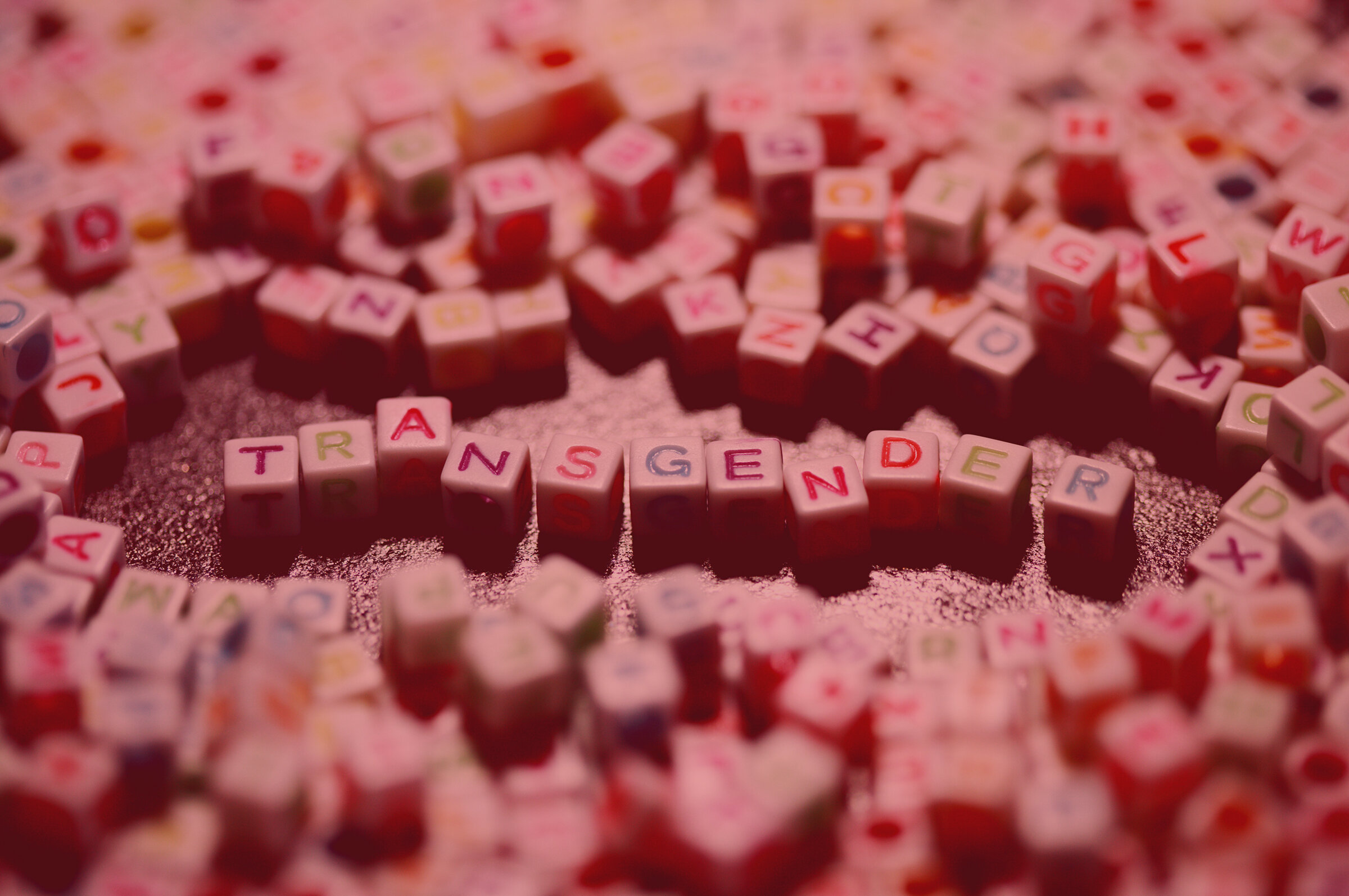UBI can help LGBT+ people and it’s on its way
Image credit - Toni Reed
If you’re reading this piece, then you’re probably at least curious about Universal Basic Income (UBI) and its potential to change society. Many of the arguments for and against it are increasingly well rehearsed - giving workers autonomy, ending poverty. But there are some aspects where the conversation is only just beginning: namely that UBI has the potential to help people right across society, it could be especially transformational for LGBT+ people. What’s more, the campaign for UBI is picking up pace, with more and more people and political leaders calling for it. It is on its way.
Like with other underrepresented and minority groups, LGBT+ people often feel the harsh end of inequality. A troubling 2019 YouGov poll revealed that LGBT+ people in the UK in fact experience a sizeable pay gap to the sum of £6700 PA (about a 16% gap between them and their cis-het counterparts). This is almost twice the estimated gender pay gap (8.6% for full time employees). In addition, a slightly older study from 2016 found that bi men were particularly impacted by pay inequality. This research is less than a decade old, and much more needs to be done to understand how and why this pattern manifests, but in the meantime a UBI would at least smooth out this inequality. Helping close this gap would help LGBT+ people deal with the realities of the extra costs that they often have to bear, particularly in the area of healthcare (which you can read Daveed’s blog about here).
Image credit - Sharon Mccutcheon
Un-secure work and unemployment are potent challenges for LGBT+ people, particular for trans people and particularly so during the coronavirus pandemic. While unemployment figures for trans people are not actively monitored we are still able to piece together a troubling picture. In Ireland, trans unemployment is around 50%. In 2017-19 the UK Government carried out an LGBT+ survey of 108,000 people, and found that while 80% of respondents (16-24) overall had been in employment at some point in the past 12 months, trans people were almost 20% less likely to have been: with 65% of trans women and 57% of trans men having been in work in the 12 months leading up to the survey.
Protecting LGBT+ people from the pay gap and some of the harms of unemployment are powerful reasons in themselves to introduce UBI, but that’s not the full extent of how it could help and uplift LGBT+ people. It has a powerful role to play in giving LGBT+ people the means to escape oppressive environments - whether they be in the workplace or at home. We know all too well that harassment in the workplace is still a reality for many LGBT+ people. A TUC report from 2019 found that a shocking 7/10 LGBT+ workers experienced at least one type of sexual harassment at work, and that almost 1/8 LGBT+ women reported being seriously sexually assaulted at work. In addition Stonewall’s 2018 'LGBT In Britain: Work Report’ found that almost one in five LGBT+ staff had been the target of negative comments or conduct from colleagues in the past year; and that more than a third of LGBT+ staff felt the need to hide or disguise that they are LGBT+ at work because of fear of discrimination. It is vital that LGBT+ people in the workplace are equipped with the option to leave their employer where they do not feel comfortable, rather than feel trapped into totally unsatisfactory and unjust conditions.
While the UK is lucky to have “the gayest Parliament in the world” with 45 out LGBT+ MPs, we cannot be complacent about LGBT+ representation in our politics. Too often LGBT+ people are still missing - or excluded from - our public debate. Some of that needs more campaigning for a culture change, but in other areas there are practical things that a UBI would be able to help with. For example, while it may be obvious that campaign materials are expensive in an election, funding yourself as a candidate while juggling work and campaigning is an acute challenge. Moreover, what people might not appreciate is that the work and campaigning to get selected as a candidate in the first place can be prohibitively expensive in some instances. As explored above, LGBT+ people often have fewer financial resources, which can have a prohibitive impact on access to politics. A UBI can help level the playing field. If we want to keep moving forward with LGBT+ rights, then we need more LGBT+ people at the table.
Fortunately, the campaign for UBI is picking up speed, and more and more people and more political leaders have been calling for it. I was proud when in September last year, my party, the Liberal Democrats, returned to calling for Basic Income as official party policy. In 1989 then Party Leader, Paddy Ashdown, called for a form of basic income in ‘Citizens Britain: A Radical Agenda for the 1990s’. In our 2020 leadership election, it was great to see both Layla Moran and Ed Davey strongly make the case for a UBI as part of our platform moving forward. Right across the country, from Hull with Jack Haines to London with Luisa Porritt and Caroline Pidgeon, I’m proud that our party is making the case so strongly.
And I’m even more delighted that it isn’t just our party that is making the case for a UBI. The Green Party has also very publicly called for a UBI, and there are new movements within the Labour Party and beyond to advocate for it as official policy. These green shoots are encouraging and we cannot afford to be precious or territorial about it. As with so many sweeping changes to our society, we need to continue to cultivate a cross-party and cross-society agreement to give UBI a strong and enduring foundation.
LGBT+ people have so much to contribute to our society - be it in enterprise, the arts or in our politics. But still too many of us are held back by forces well beyond our personal control. A UBI cannot solve all problems - but at the very least it can help get LGBT+ people onto something approaching an equal economic footing, and grant us the autonomy to make the choices that are right for us. We shouldn’t wait for crises in order to do the work to remake our world, and make it freer and more open, but COVID-19 has given us a chance to reimagine things. Let’s not squander the opportunity.
The ‘Poverty: It's a sin - a roundtable on UBI and the LGBTQ+ community’ is on the 28th of February 2021 at 16:00hrs GMT.
Universal Basic Income (UBI) is a regular and unconditional payment given to everyone in society regardless of their income, wealth or work.
It guarantees a basic level of financial security for everyone, and makes sure nobody in society falls through the cracks. But how would a UBI help the LGBTQ+ community specifically, both in the UK and around the world?
Join UBI Lab LGBTQ+ for an informal roundtable discussion. After a short introduction to the basics of UBI, we'll be the important question. Free, all welcome. To register - Book HERE
More about the author
Gareth Lewis Shelton - @GarethLShelton
Gareth is Chair of the LGBT+ Liberal Democrats. Gareth is also an entrepreneur in the creative industries and holds a Masters in Political Economy of Europe from the LSE.



